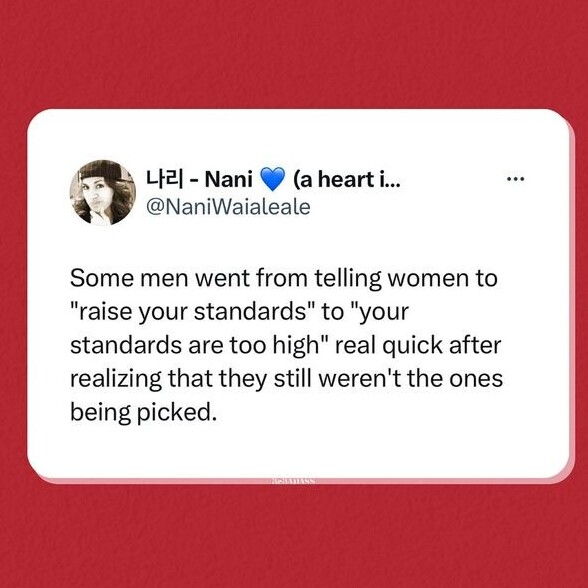Mental Health Support: Offering Counseling And Mental Health Support Services For Women Who Have Experienced Trauma.

Mental Health Support for South Asian Women: Counseling and Support Services for Trauma Survivors
When we focus on mental health support for South Asian women who have experienced trauma, we enter a complex and deeply personal space shaped by culture, tradition, and societal expectations. South Asian women, encompassing diverse communities from India, Pakistan, Bangladesh, Sri Lanka, Nepal, Bhutan, and the Maldives, often face unique challenges when dealing with trauma. Addressing their mental health needs requires a nuanced understanding of their experiences and the cultural context in which they live. Let’s explore why offering specialized counseling and support services for these women is so crucial, and how such services can lead to profound healing and empowerment.
The Cultural Context of Trauma for South Asian Women
In South Asia, trauma is often closely tied to societal norms and cultural expectations. Women may experience trauma from various sources, including domestic violence, dowry-related harassment, child marriage, sexual violence, and the pressures of conforming to rigid gender roles. The concept of “family honor” often places an enormous burden on women, leading to their silence in the face of abuse or trauma to avoid bringing shame to their families.
For South Asian women, trauma is not just a personal experience; it is often entangled with the expectations and judgments of their community. This can lead to deep feelings of isolation, shame, and guilt, making it difficult for them to seek help or even acknowledge their trauma. The societal stigma attached to mental health issues only compounds this problem, leaving many women to suffer in silence.
The Need for Culturally Sensitive Counseling Services

Given the unique challenges that South Asian women face, it is essential that counseling services are culturally sensitive and tailored to their specific needs. Trauma-informed care for South Asian women must take into account the cultural and familial dynamics that influence their experiences. This means understanding the deep-seated values related to family, honor, and gender roles, and how these can impact a woman’s mental health and her willingness to seek help.
Culturally sensitive counseling involves creating a safe space where South Asian women feel understood and respected. Counselors need to be aware of cultural nuances and be able to navigate conversations about trauma with empathy and without judgment. This might include acknowledging the pressure to maintain family honor, discussing the impact of arranged marriages, or understanding the stigma attached to seeking mental health care.
Overcoming Barriers to Accessing Mental Health Support
Accessing mental health support can be particularly challenging for South Asian women, both in South Asia and within the diaspora. Many women face barriers such as lack of awareness about mental health services, fear of stigma, financial constraints, and limited availability of culturally competent counselors.
To overcome these barriers, it is crucial to raise awareness within South Asian communities about the importance of mental health and the availability of support services. This can be achieved through community outreach, educational programs, and the use of media to promote mental health as a vital component of overall well-being. Additionally, offering services in multiple languages and ensuring that mental health care is affordable and accessible are key steps in making these services more inclusive.
The Role of Community and Peer Support in Healing
Community support is an essential aspect of healing for South Asian women who have experienced trauma. In many South Asian cultures, the community plays a central role in an individual’s life, and leveraging this sense of community can be a powerful tool in supporting mental health recovery.
Peer support groups, where women can connect with others who have had similar experiences, can be particularly beneficial. These groups provide a safe space for women to share their stories, learn from one another, and build a sense of solidarity. For South Asian women, who may feel isolated due to cultural or societal pressures, these connections can be life-changing. Community leaders, religious organizations, and cultural groups also have a significant role in promoting mental health and reducing stigma by openly discussing these issues and advocating for the well-being of women.
Empowering South Asian Women Through Education and Advocacy
Empowerment through education is a critical component of mental health support for South Asian women. By educating women about their rights, the effects of trauma, and the importance of mental health care, we can empower them to take control of their lives and seek the help they need. This education must also extend to families and communities to foster an environment that supports rather than stigmatizes women who seek mental health care.
Advocacy is another crucial element. South Asian women’s organizations, both within South Asia and in the diaspora, are increasingly advocating for the rights and mental well-being of women. These organizations work to challenge societal norms, provide resources for trauma survivors, and create platforms where women can share their stories and seek support. Advocacy efforts also push for better mental health policies, more funding for services, and the inclusion of mental health education in schools and communities.
Moving Forward: Building a Supportive Ecosystem

To truly support South Asian women who have experienced trauma, we must build a comprehensive ecosystem of care. This involves not only offering counseling services but also integrating these services with other forms of support, such as legal aid, healthcare, and social services. Collaboration between mental health professionals, community organizations, and policymakers is essential in creating a network that can address the multifaceted needs of trauma survivors.
Governments in South Asia, as well as South Asian communities abroad, must prioritize mental health and ensure that adequate resources are allocated to support women who have experienced trauma. This includes training more culturally competent counselors, expanding access to services in rural and underserved areas, and creating public awareness campaigns that destigmatize mental health care.
In conclusion, mental health support for South Asian women who have experienced trauma is about more than just healing past wounds; it’s about fostering resilience, empowerment, and a brighter future. By providing culturally sensitive counseling and building a supportive community, we can help these women reclaim their lives and break free from the cycle of trauma and silence. The road ahead requires commitment and compassion, but the potential for positive change is immense.
